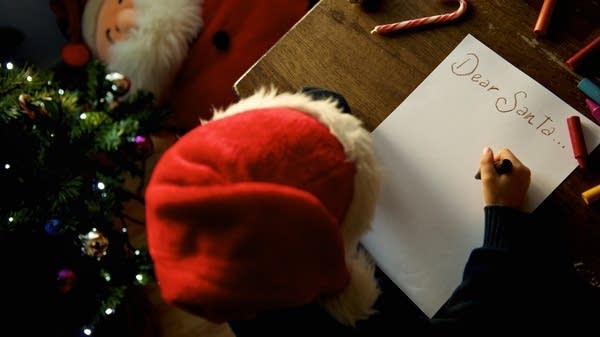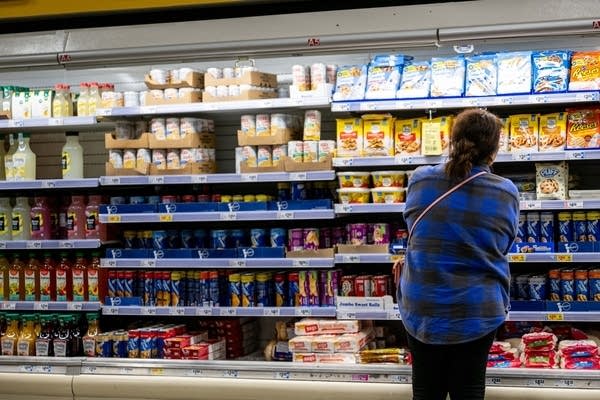Is there a chance your key could work on another house?
There’s a chance – albeit very small – you have the same key as someone else out there in the world.

This is just one of the stories from our “I’ve Always Wondered” series, where we tackle all of your questions about the world of business, no matter how big or small. Ever wondered if recycling is worth it? Or how store brands stack up against name brands? Check out more from the series here.
Listener and reader Marian Weaver from Denver asks:
I’ve always wondered: Are keys really truly unique? Eventually, somewhere, my house key has to work on another house, right?
Your key will probably work on another home — and another person’s key could probably work on yours — but the good news is it would probably be tough to find each other.
There are a number of brands on the market that sell keys, including Kwikset, Schlage, Yale, Weiser, Mul-T-Lock and Medeco, said Erik Glassen, senior brand marketing manager for Kwikset.
The Kwikset Keyway (KW1) alone has 10,000 possible key combinations, while the Schlage keyway (SC1) has 72,000, Glassen said.
He broke down the math for us: One estimate puts the number of housing units in the U.S. at about 144 million. If only SC1 keys were used, that means one key will statistically be able to unlock 2,000 homes in the U.S. That means 0.00139% of homes are “keyed alike.” In other words, that’s the percentage of homes that could be opened with the same key in that scenario with just one brand on the market.
“That’s really tiny, and that’s the generous calculation,” Glassen said.
So don’t expect the ability to break into another house using your own set of keys.
“If you really want to unlock a random home, you’re better off learning how to use a pick set,” Glassen said.
Glassen explained how the mechanics of key works: “Imagine your lock as a puzzle, and your key as the solution to that puzzle. The uniqueness of keys mostly comes from two factors: the shape of the key and the arrangement of pins inside the lock. Each key has a unique shape with various ridges, bumps, and grooves. These features are like a secret code that matches the lock’s internal mechanism. When you insert the key into the lock, these features need to align perfectly with the corresponding pins inside.”
Glassen said these pins inside the lock vary in length. “When the correct key is inserted, it pushes these pins to the right heights, aligning them perfectly along what’s called the shear line. This allows the lock to turn and open,” he said.
Different pin heights are generally in different positions from lock to lock, which is what ensures that your key probably won’t work on another door. The more pins there are on the lock, the more possible combinations there are.
Manufacturers will even sell proprietary keyways to certain locksmiths in a certain area, said Dustin Wiemeyer, the CEO of Integrity Locksmith & Safe in South Lake Tahoe, California.
“We can assure a customer, ‘Hey, this key is unique,’” Wiemeyer said.
Wiemeyer has observed that the industry is starting to change, with more houses moving toward electronic locks in which you have to enter a code.
“But there’s still a mechanical key override most of the time,” he said. That means the physical key isn’t going away anytime soon.













